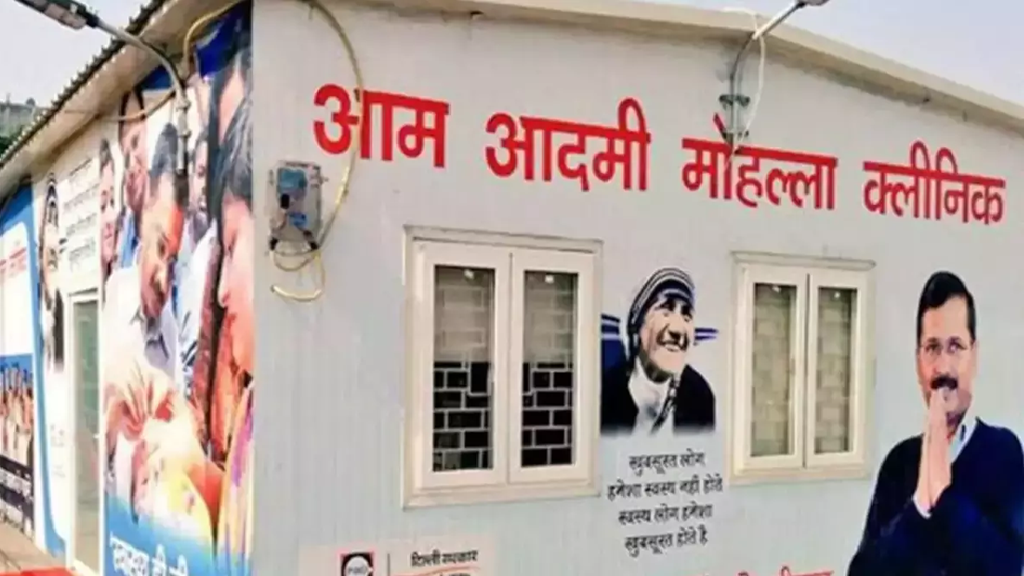
New Delhi: Announcing that the registration for the Ayushman Bharat scheme will commence after March 8, health minister Pankaj Singh on Thursday said that 250 of Aam Aadmi Party’s mohalla clinics that existed only on paper would be shut down.
In his maiden media interaction, the minister criticised the previous AAP-led state govt and said that an order to shut down 250 mohalla clinics that existed only on paper but for which rent was being paid would be passed over to curb corruption. Singh said that govt possessed sufficient space for independent operations.
The Ayushman Bharat scheme received Delhi cabinet’s approval on Feb 20, following the swearing-in of the new chief minister, BJP’s Rekha Gupta, and her cabinet.
The health minister assured noticeable improvements in the capital’s healthcare infrastructure within 100 days. “Anyone found guilty of wrongdoing will not be spared,” Singh warned, whilst emphasising his dedication to implementing comprehensive reforms in Delhi’s healthcare infrastructure.
Singh also noted that around 20% of the births in the city occurred outside medical facilities, a figure the administration will seek to reduce by encouraging hospital deliveries. He prioritised establishing jachha-bachcha kendras (mother and child care centres), which Delhi has lacked for 11 years.
The minister emphasised strict monitoring of economically weaker section quota in hospital bed allocations, with two nodal officers appointed to ensure transparency. He stressed the importance of maintaining quality care for EWS patients.
Singh earlier reviewed the functioning of healthcare management in govt hospitals at the state Secretariat. The meeting was attended by the medical superintendents of all govt hospitals in the capital along with senior officials from the Public Works Department and the departments of food safety, health and family welfare.
During the meeting, the health minister expressed concerns about the city’s healthcare services, indicating that the previous govt neglected primary healthcare delivery in the city.
To strengthen Jan Aushadhi Centres, Singh restricted local medicine procurement to essential cases only. He sought a comprehensive report on medicine requirements in govt hospitals, guaranteeing adequate supplies.
The minister revealed plans to implement the National Ayush Mission in Delhi, incorporating traditional medicine alongside conventional treatments, supporting comprehensive healthcare delivery. He announced the deployment of 10 mobile dental vans in rural and distant parts of Delhi initially, with plans for city-wide expansion to ensure comprehensive dental care coverage.
He directed immediate filling of vacant paramedical positions and prohibited medical superintendents from holding multiple charges. He also mandated CCTV installation across hospitals, stating, “I will be carrying out surprise inspections of all hospitals.”
Singh assessed the progress of hospital constructions in Jwalapur, Madipur, Hastsal and Sirsapur, expressing concern at their sluggish advancement. He directed the health department to secure comprehensive information from PWD about safety protocols being observed during the construction process.
Furthermore, Singh sought details about the monetary losses sustained under the previous govt due to project setbacks, whilst advocating immediate steps to finalise these ventures. “Our govt hospitals should be at par with the private ones,” Singh remarked, while asserting that substandard healthcare service delivery would face strict consequences.
To enhance efficiency, the health minister announced the implementation of online meetings via video conferencing, with IT department support. “I will conduct meetings online to avoid wasting time,” he explained.